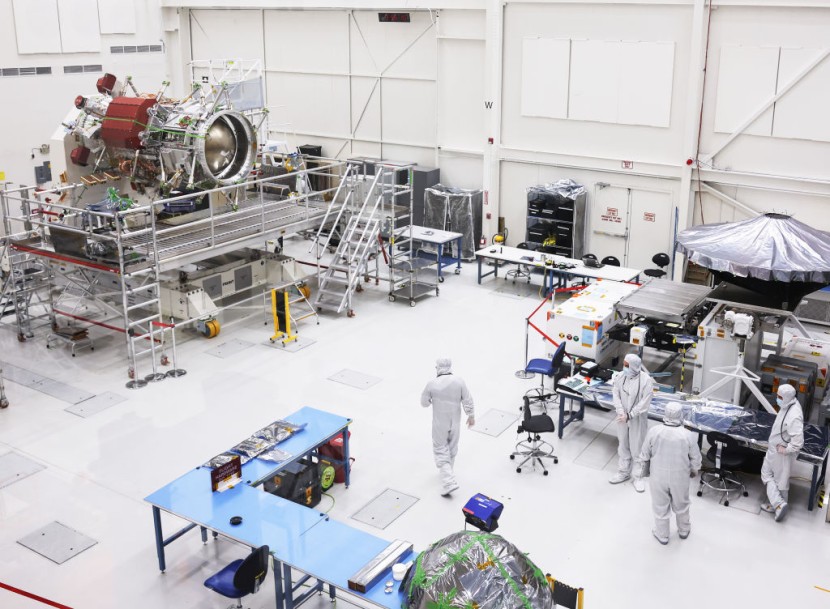NASA is seeking alternatives for its Mars Sample Return mission due to the project's exorbitant cost following a report in late September regarding its viability.
The latest report deemed that the entire mission was unrealistic based on the space agency's current budget and schedule. The Mars Exploration Program Analysis Group, which comprises five subcommittees, is now looking for a way to pull the mission off that is much more realistic.
Mars Sample Return Mission

The current schedule and budgeting for NASA's Mars Sample Return mission says the project will cost roughly between $8 billion and $11 billion through its entire lifecycle. Additionally, NASA is hoping to launch the mission in 2028, with the samples coming back to our planet in the mid-2030s.
While the schedule and budget might not initially sound bad, the space agency has already been struggling to keep the budget where it needs to be to keep things moving forward smoothly. In a 2023 spending bill, the mission received $822.3 million despite the agency requesting a budget of $949.3 million, as per BGR.
Furthermore, NASA said it needs an additional $250 million this fiscal year and in 2024 to keep the mission on schedule. While that amount of money is quite a lot, the mission does require multiple spacecraft and robots to fulfill its objectives.
The Mars Sample Return mission is complex and while it is unusual for it to cost so much, the space agency needs to find an alternative way to move it forward. NASA said that it is now looking at other ways to harvest as much of the world as it has already done while also working to reduce the project's cost in general.
The space agency also wants to try to increase the resilience of the mission and it remains unclear what an alternative to the Mars Sample Return could look like. The mission is considered an important scientific project that could finally provide scientists with crucial information about the Red Planet.
Read Also: Scientists Discover Hidden Ancient River 'Frozen in Time' Beneath East Antarctic Ice Sheet
Looking for Alternatives
During an Oct. 20 meeting of the Mars Exploration Program Advisory Group (MEPAG), MSR Program Director Jeff Gramling said they are standing back to ensure they have a viable and sustainable architecture for the project, according to AIP.
Gramling noted that a project revision will consider how to proceed within annual funding constraints. He noted that this could reduce disruptions to other projects in NASA's Science Mission Directorate at the cost of further stretching out MSR's development.
The current MEPAG Steering Committee (SC) chair, Dr. Vicky Hamilton, said that the entire planetary science community knows the value of the mission as a means of addressing high-priority science in the solar system.
She added that the MSR could become the first mission demonstrating the feasibility of robotically selecting and returning samples. Hamilton acknowledged that there are technological hurdles that could cost more money than what is usually used on the average Mars mission, said SpaceFlight Now.
© 2025 HNGN, All rights reserved. Do not reproduce without permission.








